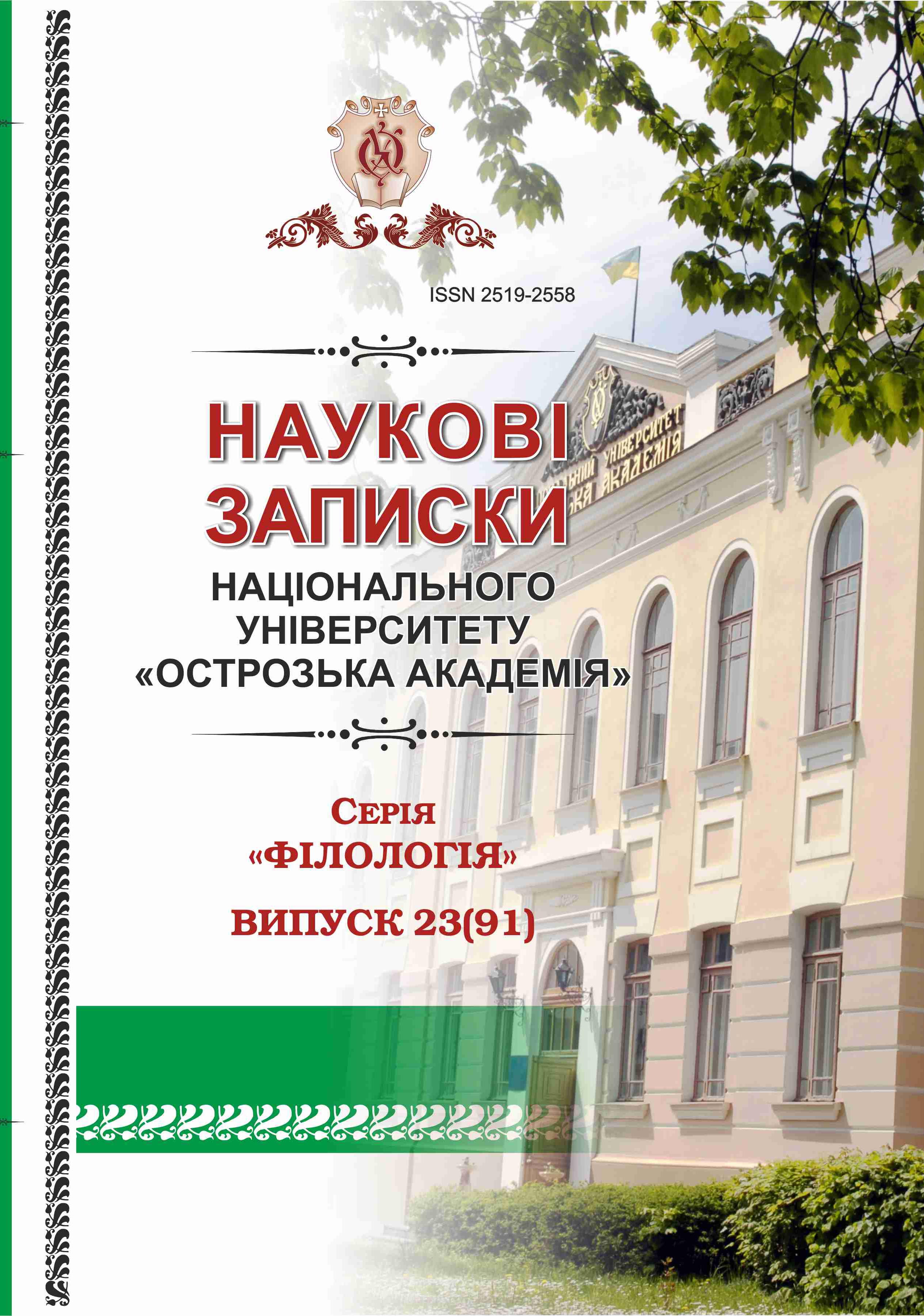CONTEXTUAL AND LEXICAL SYNONYMY: THEORETICAL BACKGROUND
Keywords:
contextual synonymy, lexical synonymy, linguistic surroundings, semantics, Ukrainian Literature, English LiteratureAbstract
This study delves into the intricate relationship between contextual and lexical synonymy, exploring their role in shaping meaning and communication. Contextual synonymy, a dynamic linguistic phenomenon, arises from the interplay of words within specific contexts. As words are embedded in particular linguistic environments, their meanings can shift and evolve, leading to the emergence of contextual synonyms. This flexibility allows for nuanced expression and enables speakers and writers to adapt their language to specific communicative goals.
Lexical synonymy refers to the semantic similarity of words within a language system. Lexical synonyms often form sets of words that share a core meaning but differ in terms of stylistic value, emotional connotation, or frequency of use. These variations contribute to the richness and diversity of language, enabling speakers and writers to express subtle shades of meaning and create stylistic effects.
Understanding the interplay between contextual and lexical synonymy is crucial for various fields, including linguistics and translation studies. By examining the factors that influence the choice of synonyms and the impact of context on meaning, researchers can gain insights into the cognitive processes underlying language use. Thus, this study aims to contribute to a more comprehensive understanding of language’s complex nature and synonymy's role in shaping human thought and expression.

